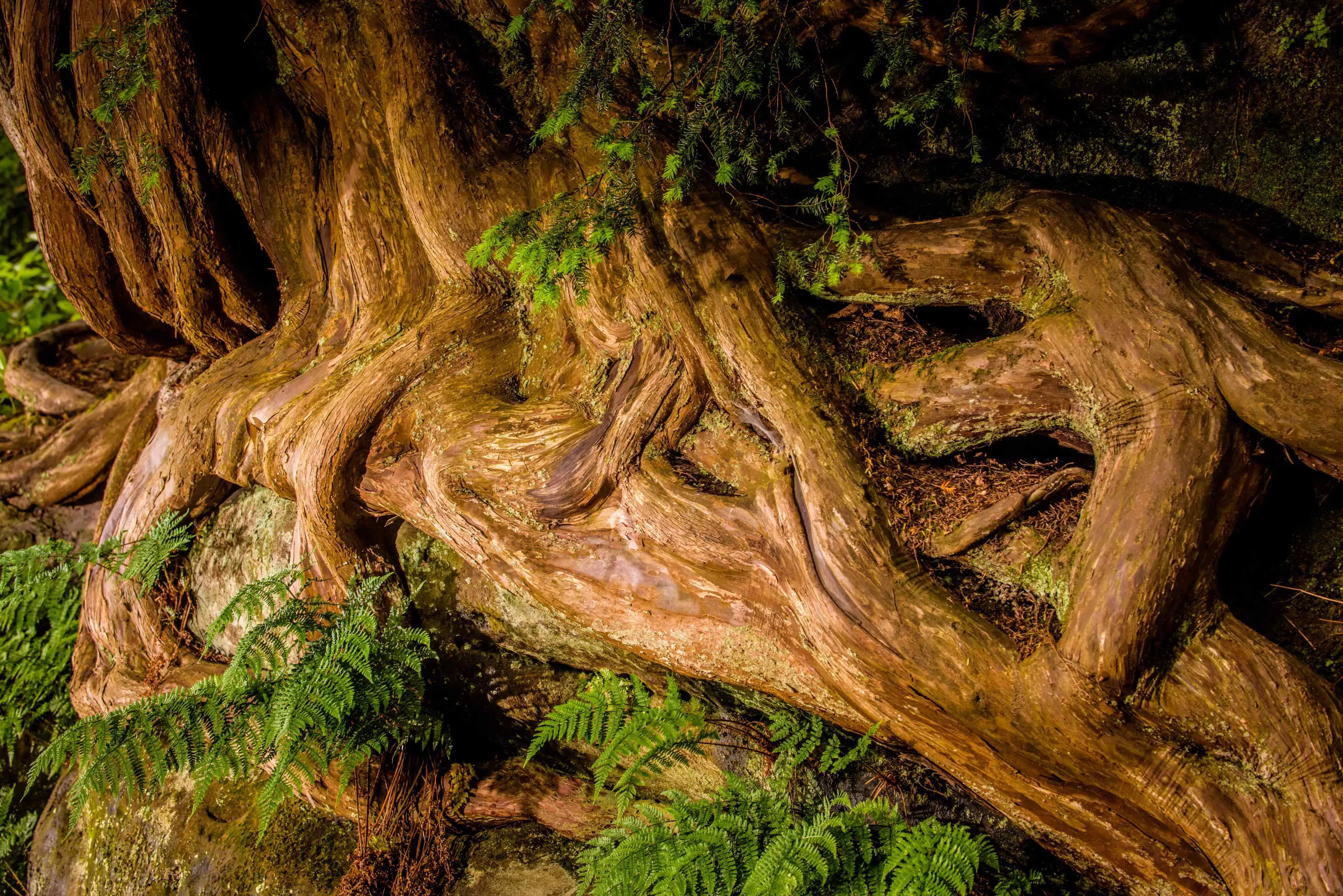KS3 Banking on seeds
Pupils visit the inspirational Millennium Seed Bank to discover its vital role in the worldwide conservation of plant biodiversity.

Level
Duration
Allocated space
Pupils visit Kew's Millennium Seed Bank, the largest wild seed bank in the world. They learn about the importance of plants to life on earth, how human activities affect biodiversity and how the seed bank is working to protect plant biodiversity.
Pupils have an introductory talk on the work of the seed bank, explore the displays in the public gallery and be able to observe scientists at work.
Learning outcomes
We design our sessions to match the learning outcomes in the national curriculum. Our sessions have a cross-curricular approach and are tailored to suit the educational needs of your group.
We aim to give pupils opportunities to work scientifically in areas that are difficult or impossible to create in the school environment.
This session offers pupils the opportunity to:
- Understand the importance of plants to life on earth.
- Understand the positive and negative impact of human actions on plants and the importance of maintaining biodiversity.
- Learn how seed banks conserve plant biodiversity.
- Learn how plants can be the solution to environmental issues.
Curriculum Links
This KS3 visit supports and enhances the science and geography curriculum offered in schools.
Biology
- The importance of maintaining biodiversity and the use of gene banks to preserve hereditary material.
Geography
Human and physical geography
- Understand how human and physical processes interact to influence, and change landscapes, environments and the climate; and how human activity relies on effective functioning of natural systems.
